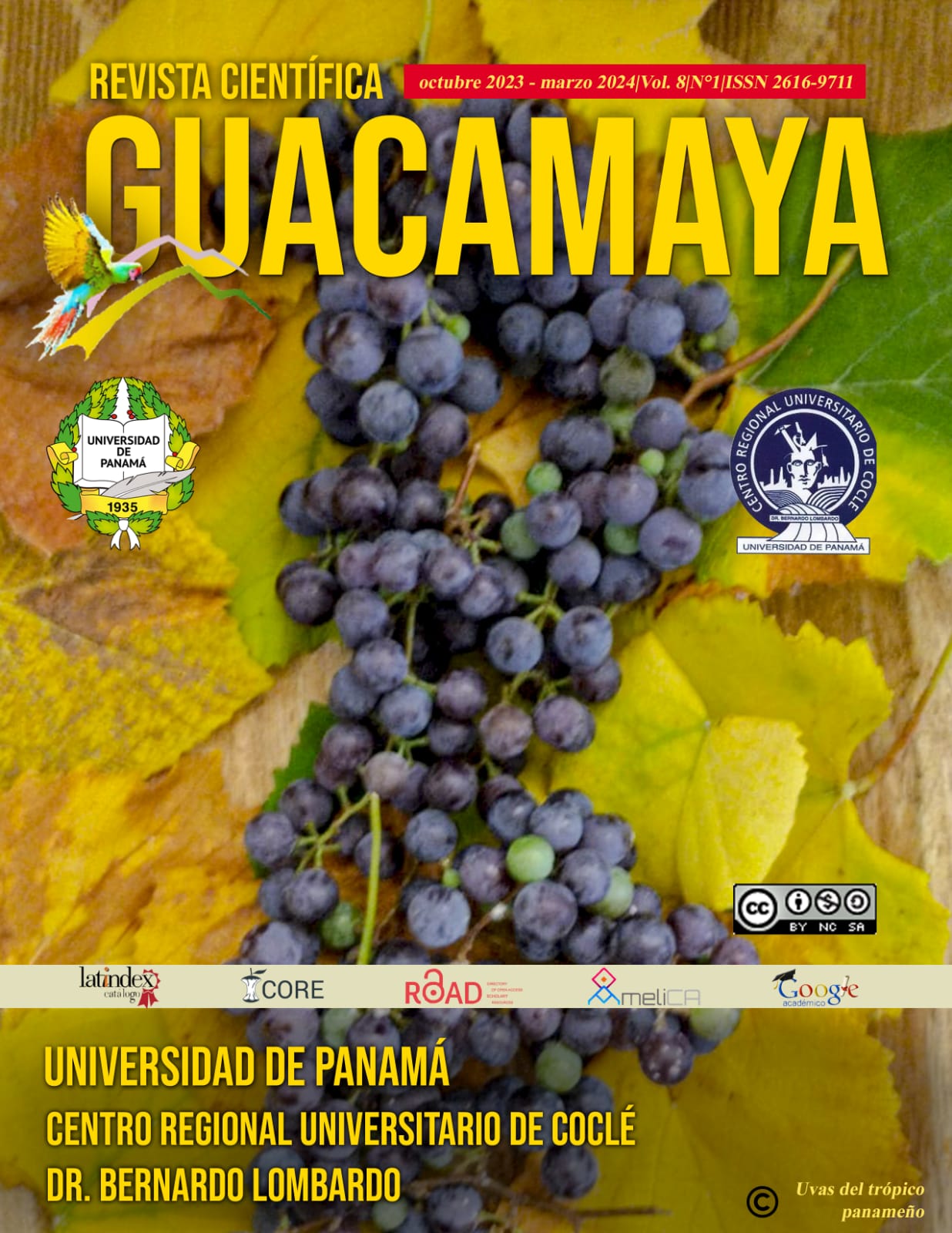

Derechos de autor 2023 Revista Científica Guacamaya

Esta obra está bajo una licencia internacional Creative Commons Atribución-NoComercial-CompartirIgual 4.0.
Con el pasar de los tiempos los cambios tecnológicos, científicos y humanísticos específicamente en el campo de la educación han tenido un gran avance sobre todo en los métodos utilizados por los maestros en su quehacer pedagógico, en la educación preescolar, la metodología juego-trabajo ha surgido como una estrategia para optimizar las experiencias de aprendizaje en los niños logrando así que estas sean más significativas e interesantes, evadiendo de esta manera la educación rutinaria que mantenía al niño pasivo y sin oportunidad de explotar su potencial.
Por ello, este estudio se enfoca en conocer la importancia de la metodología juego-trabajo y la relación que tiene en el desarrollo de las habilidades cognitivas en los infantes de preescolar. Se ejecutó un estudio descriptivo con un enfoque cuantitativo y se utilizó como herramienta para recolección de información una encuesta estructurada con 10 preguntas relacionadas al tema en estudio. Este instrumento fue aplicado a 40 docentes del distrito de Penonomé, pero solo fue contestada de manera completa por 20 docentes de preescolar de estas escuelas. Los resultados determinaron que 65% de los docentes consideran que la metodología juego-trabajo desarrolla habilidades en los niños de preescolar, cabe mencionar que un 35% indica que esta metodología no aporta o no potencia ningún tipo de habilidades en los infantes de preescolar. El 50 % de los encuestados señalan que esta metodología aporta o potencia habilidades cognitivas necesarias para los niños de este nivel educativo, lo que indica que hay docentes que no la utilizan, por ende, es necesario dar a conocer lo importante que es para el niño que se retome en las aulas de clases esta metodología que resulta de muchos beneficios para ellos.